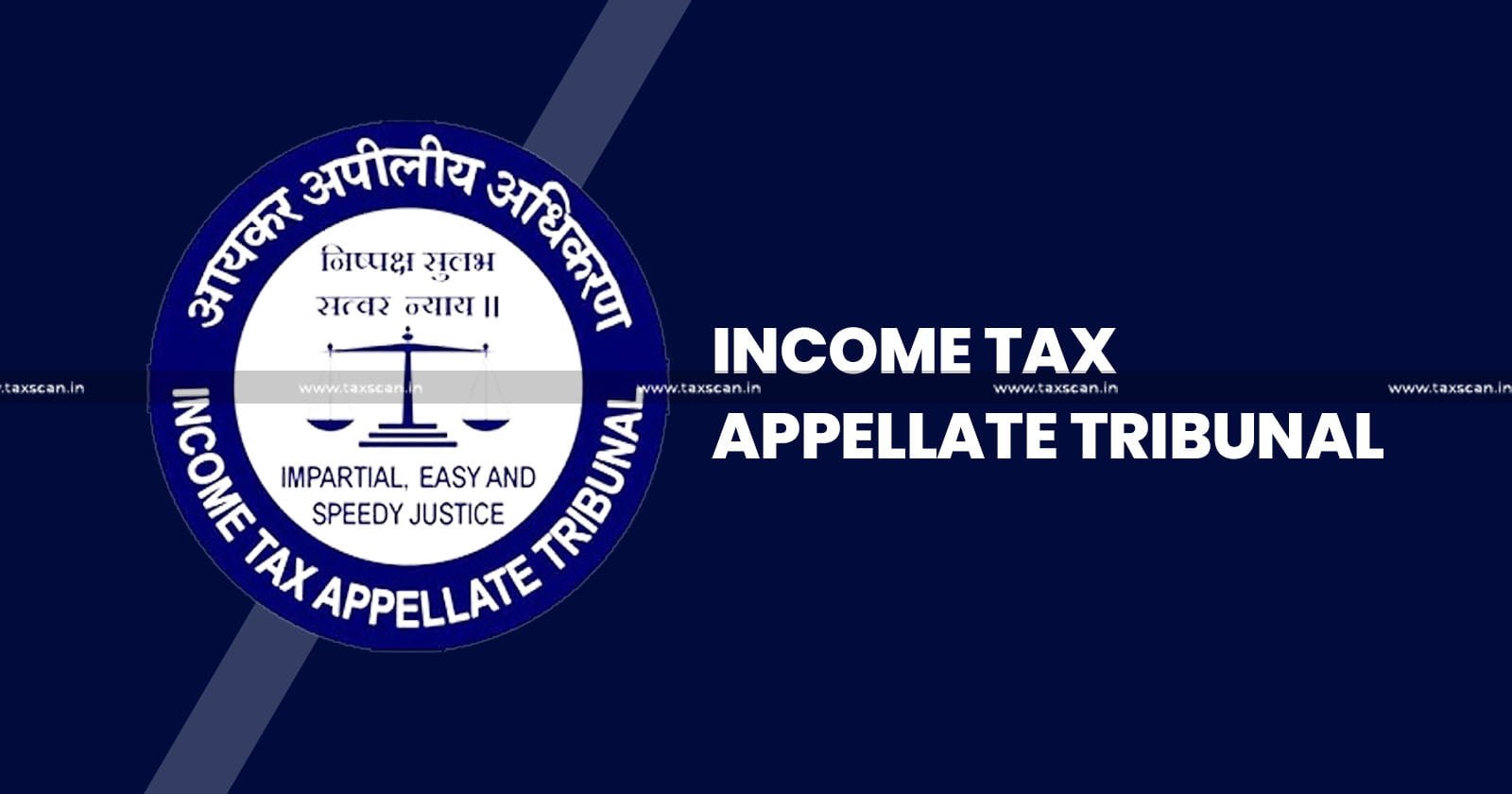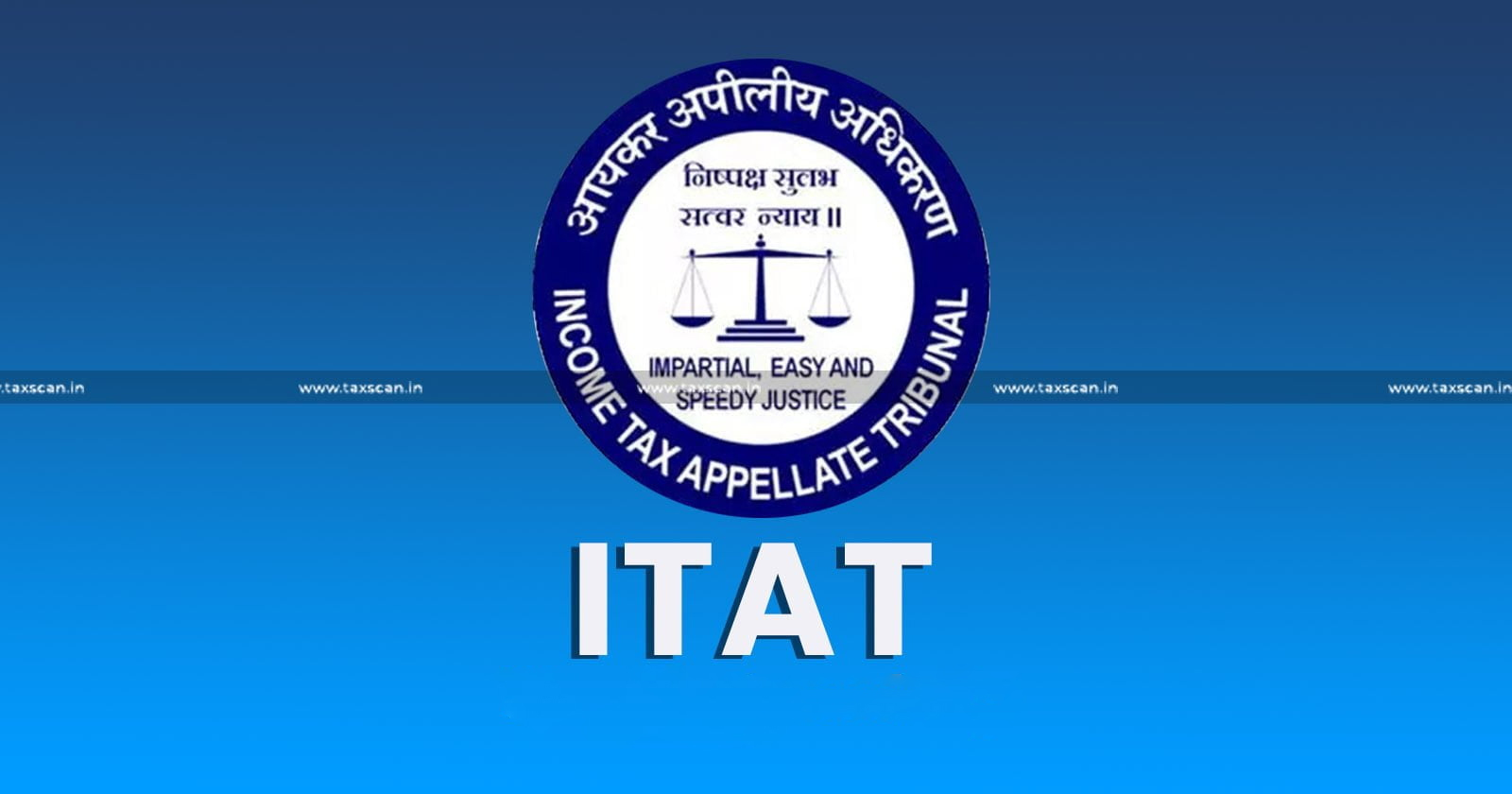ITAT sets aside PCIT Order on Revenue Recognition, Holds No Revenue Prejudice as Income Declared in Subsequent Years [Read Order]
The ITAT bench set aside the PCIT's revision order, finding no error or revenue loss in the assessment since the disputed income was duly recognized and taxed in later years
![ITAT sets aside PCIT Order on Revenue Recognition, Holds No Revenue Prejudice as Income Declared in Subsequent Years [Read Order] ITAT sets aside PCIT Order on Revenue Recognition, Holds No Revenue Prejudice as Income Declared in Subsequent Years [Read Order]](https://images.taxscan.in/h-upload/2025/06/26/2054662-itat-itat-roundup-weeklyrounup-taxscan-6.webp)
The Ahmedabad bench of the Income Tax Appellate Tribunal (ITAT) set aside an order passed by the Principal Commissioner of Income Tax (PCIT) under Section 263 of the Income Tax Act, 1961. The bench held that the assessment order on the issue of revenue recognition did not contain any errors or cause harm to the Revenue since the income alleged to have been lost had been duly declared in subsequent years.
The appellant, Shreeji Associates is a real estate firm engaged in the construction of residential bungalows and was subject to investigation for Assessment Year (AY) 2017–18.
The UAE Tax Law Is Evolving — Stay Ahead Before Clients Find Someone Who Already Is - Click here
The assessee used the percentage completion method to recognize revenue from its only project, Shree Hari Residency. During the assessment, the Assessing Officer (AO) accepted the firm's revenue recognition method after thoroughly verifying the calculations and documentation submitted in response to multiple notices.
However, the PCIT later invoked revisionary powers under Section 263 of the Act, stating that the AO failed to recognize a revenue shortfall of ₹2.30 crore that should've been taxed in the same assessment year.
Thus, the PCIT set aside the original assessment, directing the AO to conduct a fresh assessment.
 Also Read:Revenue recognition Methodology accepted by Revenue must remain unchanged across years until and unless modified in Initial year: ITAT [Read Order]
Also Read:Revenue recognition Methodology accepted by Revenue must remain unchanged across years until and unless modified in Initial year: ITAT [Read Order]
The assessee contended before the ITAT bench that the assessment process included detailed enquiries, which the AO thoroughly reviewed, mainly while examining the revenue recognition method. The balance income of ₹2.30 crore, which the PCIT noticed as underreported, had been offered to tax in subsequent years. The assessee was stated to have been following the percentage completion method, and it was accepted in previous years.
The Tribunal bench comprising Dr. B.R.R. Kumar (Vice President) and Siddhartha Nautiyal (Judicial Member) noted that the AO had examined the assessee’s revenue recognition practice in detail. The assessee had submitted explanations, workings, and clarifications during the assessment proceedings, which were considered by the AO.
The ITAT observed that the disputed income was already accounted for in later years. Therefore, labeling the assessment order "erroneous and prejudicial" was unjustified.
The bench noted thet the PCIT has not dealt with the fact that the remaining revenue was offered in subsequent years. There is apparently no lack of enquiry on part of the Assessing Officer. Therefore, the assessment order is not erroneous or prejudicial to the interest of the Revenue.
 Also Read:Method of Revenue Recognition and application of Accounting Standard properly verified by AO in Assessment Order: ITAT quashes Revision Order
Also Read:Method of Revenue Recognition and application of Accounting Standard properly verified by AO in Assessment Order: ITAT quashes Revision Order
Subsequently, the ITAT bench allowed the assessee’s appeal.
The Appellant was represented by Manish J. Shah, Jimi Patel & Rushin Patel, while Prothviraj Meena represented the department.
Support our journalism by subscribing to Taxscan premium. Follow us on Telegram for quick updates



